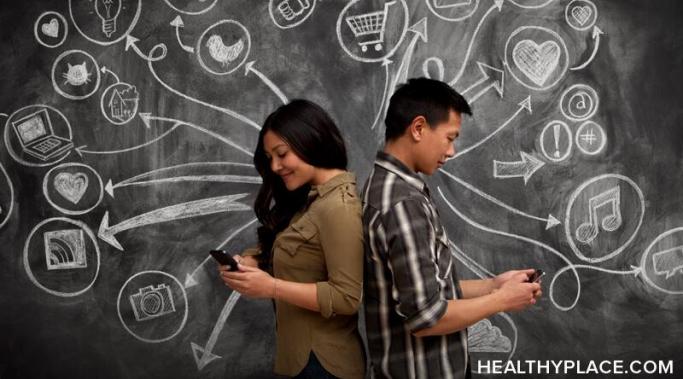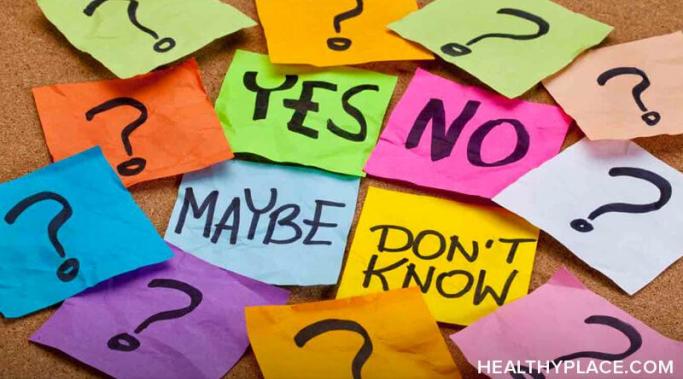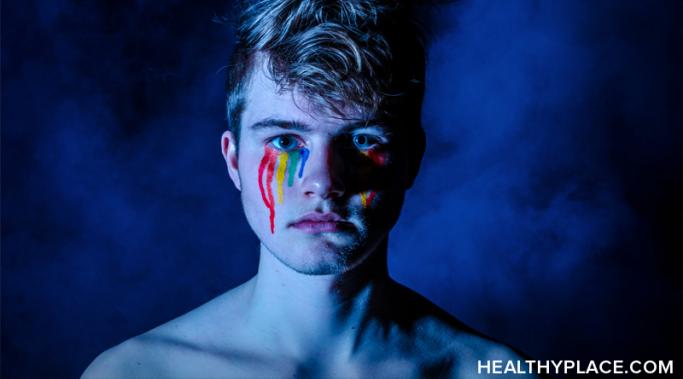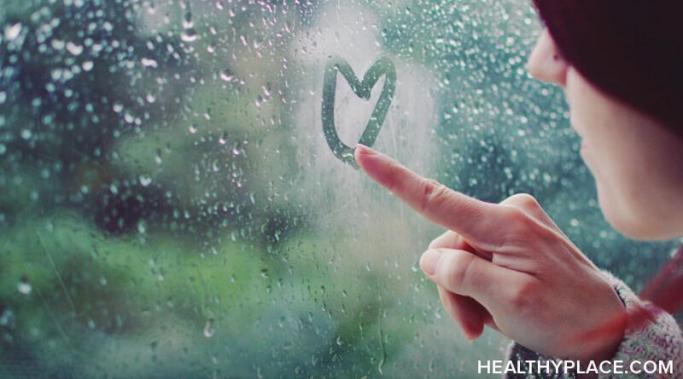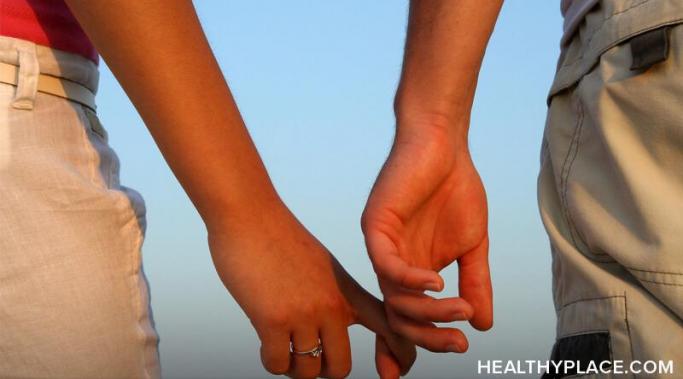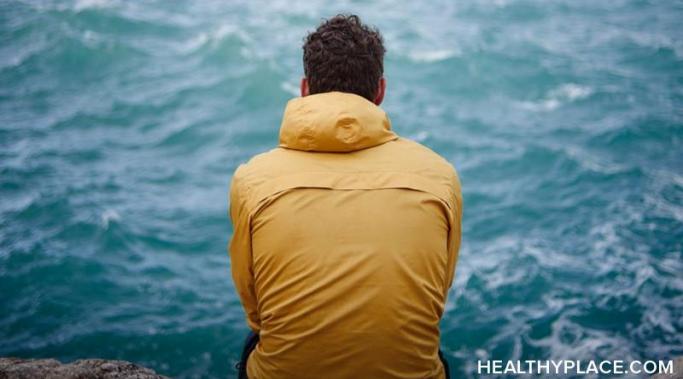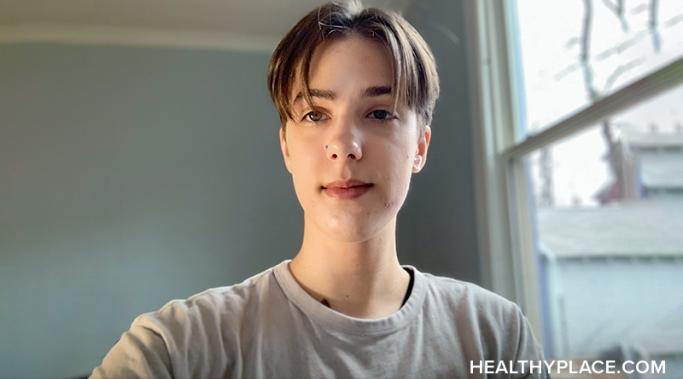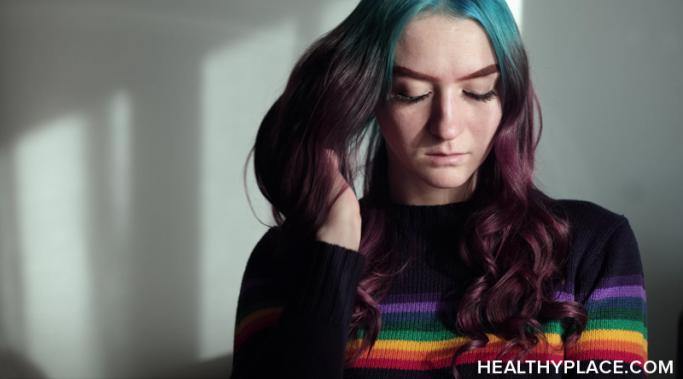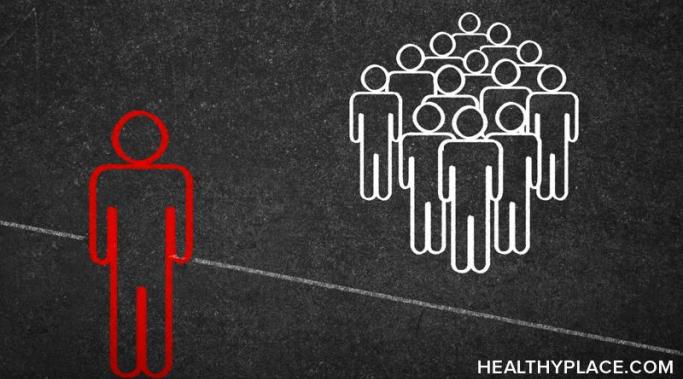Taimi is a lesbian, gay, bisexual, transgender, queer, plus (LGBTQ+) dating app known for its inclusivity. I've used dating apps like Tinder and Bumble, but this is my first time using a dating app specifically for LGBTQ+ people. The setup was easy, and I was impressed by the dating app's features. However, after using the app for a few weeks and reading some reviews, I think many improvements can be made to the user experience. I'm trying to navigate the good and the bad as I dip my toes into the dating pool. Here's what I found out about the Taimi dating app.
The Life: LGBT
This Pride month, I'm recommending my favorite lesbian, gay, bisexual, transgender, queer, plus (LGBTQ+), coming-of-age love story. "Classmates," also known as "Doukyusei," by Asumiko Nakamura is about two high school boys who fall in love for the first time. The manga and its anime adaptation will leave your spine tingling and your stomach aflutter.
College is often the change in environment lesbian, gay, bisexual, transgender, queer, plus (LGBTQ+) students need to discover their identity, express themselves, and meet other queer people their age. Choosing a school where they can thrive and be themselves is important. The school I attended helped me learn more about LGBTQ+ people and come to terms with my identity. There were a few deciding factors I looked for when choosing a school that would be supportive of LGBTQ+ students and create an environment where they can be themselves.
During my sophomore year of college, I discovered I was transgender nonbinary. I began experimenting with the way I presented my gender. For me, that meant being myself for the first time. And that was terrifying. The idea of having my internal sense of self in congruence with my external self felt like turning myself inside out.
I have nonbinary gender insecurity. In America, there are two genders. There are two sexes. It is not common knowledge that sex and gender are different and that there are multiple sexes. When I applied for jobs, I was asked about my gender and given two options: male or female. I didn't even have the option I needed to answer an optional question. I wasn't sure if they meant to ask about my sex or my gender. I was forced to choose or decline.
I'm demisexual—I'll explain what that is. The first sign that I was on the asexual spectrum was back when I was in middle school. I remember driving in the car with my mom getting annoyed as I listened to the radio. Every song was about sex, love, or drugs. I didn't understand why the themes for music were so narrow. People could sing about anything, yet they would always sing about the same old things. I off-handedly said, "Why is every song about sex? Can't they sing about something else?"
The transgender experience can be lonely. When I first began hormone replacement therapy, my doctor asked me if I had a good support system. I lied and said I did because I didn't have the time or energy to join a support group and didn't want to cause worry. Now, I think about all the hands that have reached out to me in the past that I brushed off. I believe loneliness was caused by my self-imposed social isolation.
I’m Hayes Mitchell, and I am excited to join "The Life: LGBT Mental Health" blog. I’m a mental health writer with a Bachelor of Fine Arts in writing with a minor in psychology. I identify as queer and transgender (trans). I began discovering my identity back in high school. Today I’m 22 and still learning about myself every day. I’ve changed my labels many times over the years. I’ve identified as bisexual, pansexual, asexual, and demisexual. I tend to withhold telling people because when I change my mind, I don’t want them to discredit my past experience. Every one of those identities has been real to me at each point in my life. I believe in gender and sexuality as being a spectrum. Everyone exists somewhere on that spectrum.
My last post examined harmful misconceptions about demisexuality (lack of sexual attraction without emotional intimacy) and how they are detrimental to the mental health of demi people. In this follow-up post, I want to talk about one of the most prevalent and harmful, yet -- in my opinion -- under-addressed issues in the queer community that causes immeasurable damage to social and mental health: biphobia.
We live in a society where casual sex is a normal part of dating culture. There is, of course, nothing wrong with a casual hookup between consenting adults, but for demisexual folks (people who only experience sexual attraction after forming an emotional connection), dating and intimate relationships can be a bit harder to navigate -- in no small part because there are still a lot of misconceptions about what demisexuality is and is not. These misconceptions not only put a strain on our relationships but on our mental health as well.
